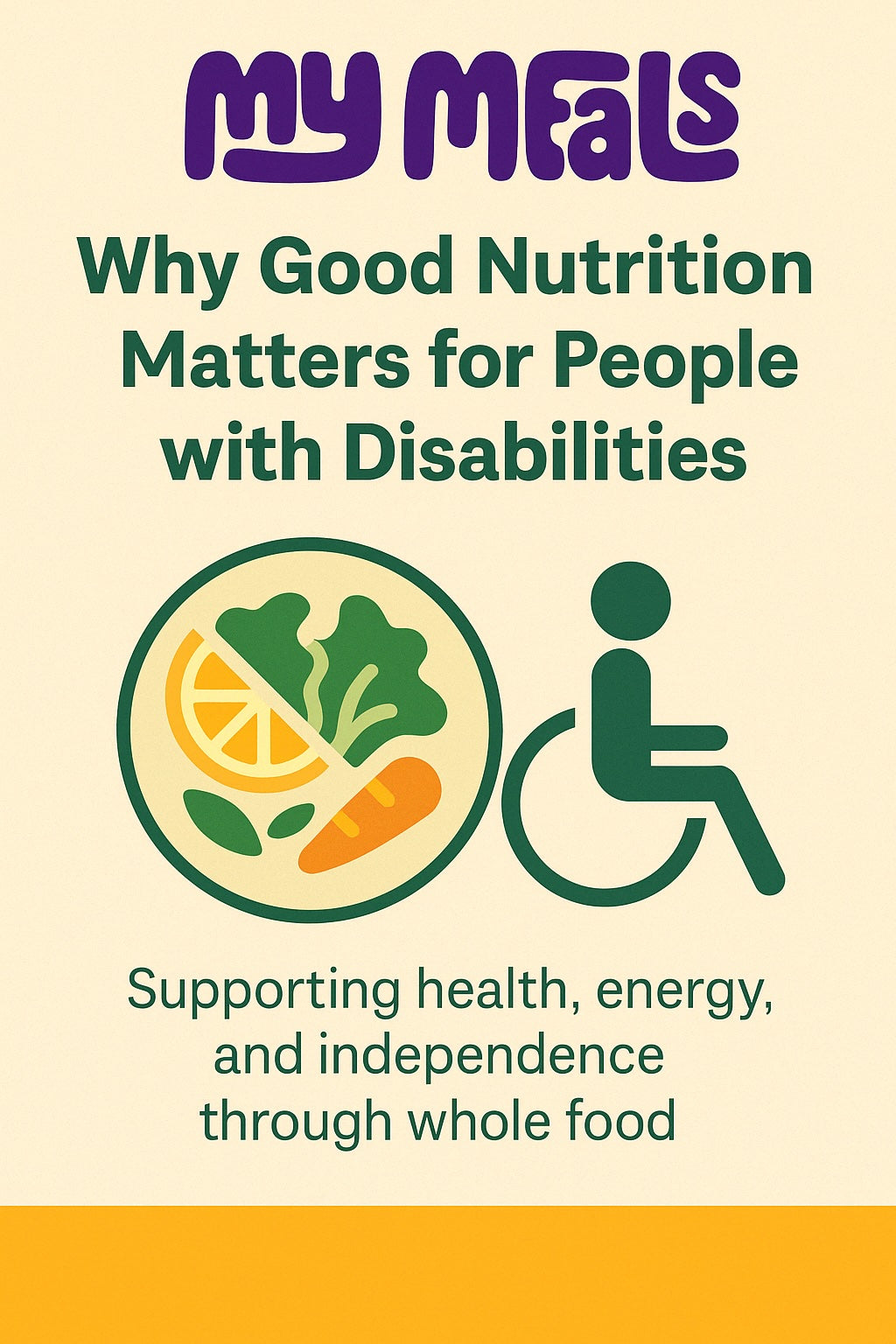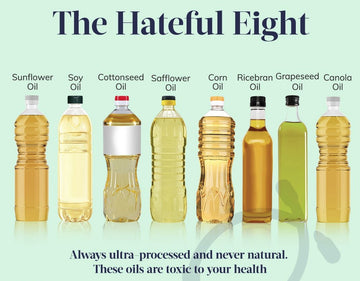Supporting health, energy, and independence through whole food
In Australia, over 4.4 million people live with a disability, each with their own unique experiences, needs, and daily challenges. While physical support, therapy, and accessibility are vital, there’s another key area that is too often overlooked: nutrition.
For many individuals living with a disability, food is not just about taste or routine—it’s a powerful tool for maintaining energy, supporting physical function, managing chronic conditions, and improving overall wellbeing. But due to mobility issues, time constraints, limited support, or lack of access to nutritious options, eating well is often harder than it should be.
The connection between disability and diet
People with disabilities are statistically more likely to develop preventable health conditions such as type 2 diabetes, cardiovascular disease, and gastrointestinal disorders. These conditions can be made worse by a poor diet high in processed foods, sugars, and artificial additives.
When nutrition falls short, the consequences are significant:
-
Lower physical and mental energy
-
Increased pain and inflammation
-
Digestive discomfort and food sensitivities
-
Poor immune function and slow recovery
-
Mood swings and trouble concentrating
These challenges can make it harder to live independently, attend appointments, participate in community life, or even enjoy daily routines.
A whole-food approach to healing
My Meals founder Natasha Coughlan believes the solution starts with a return to real, whole food. “Nutrition is a powerful healing tool—one that can reduce inflammation, support cognitive clarity, and increase day-to-day energy,” she says.
That belief is echoed by Dr Elise Warren, an Australian functional nutritionist and gut health specialist, who works with individuals facing complex health challenges.
“When we fuel the body with nutrient-dense, anti-inflammatory foods, we’re not just eating better—we’re giving the body the tools it needs to heal, rebuild, and thrive,” says Dr Warren.
“This is especially important for people with disabilities who are navigating additional health burdens. Food really can change lives.”
At My Meals, all meals are:
-
Gluten-free
-
Free from additives, preservatives, and seed oils
-
Crafted with balance: lean proteins, low-carb vegetables, and healthy fats
-
Made fresh each week and delivered straight to your door
It’s food that nourishes from the inside out—and it’s made to support people with all levels of ability.
Breaking down barriers to healthy eating
Access remains one of the biggest barriers to proper nutrition. For people who rely on carers, live rurally, or face challenges preparing meals, convenience often trumps nutrition—but it doesn’t have to.
That’s why services like My Meals are working hard to bridge the gap by offering:
-
NDIS-eligible meal packages
-
Delivery Australia-wide
-
Subscription options for convenience and savings
-
Supportive service designed with real people in mind
Every person deserves to eat well
Food is more than a daily task. It’s a foundation for health, autonomy, and quality of life. By improving access to real, nourishing meals, we can empower people with disabilities to take greater control over their wellbeing—while also enjoying food that’s delicious, balanced, and supportive.
Because at the end of the day, everyone deserves to feel good in their body, and food is one of the most powerful ways to get there.





